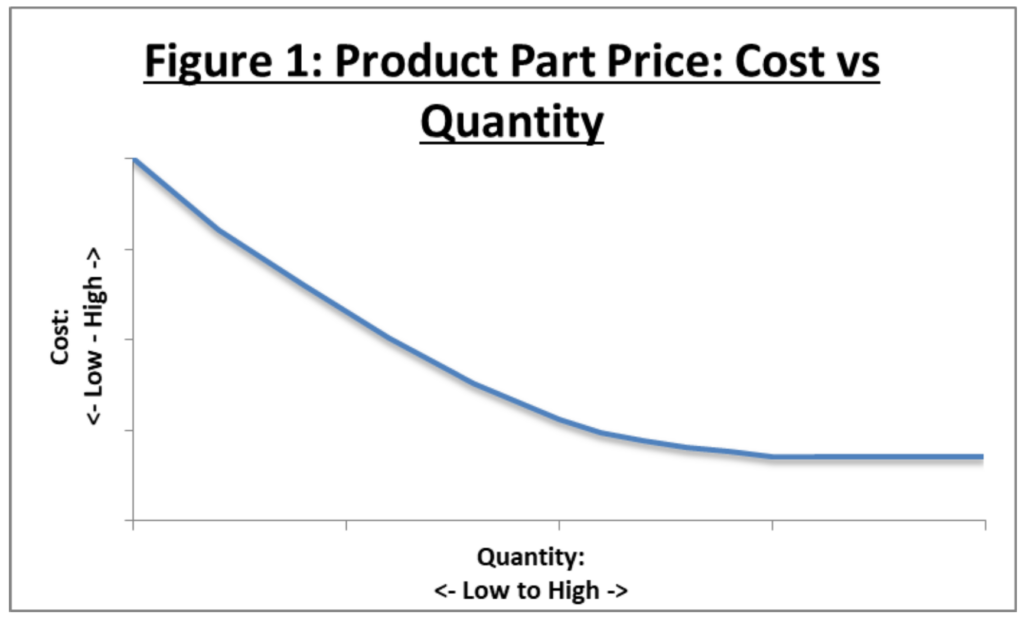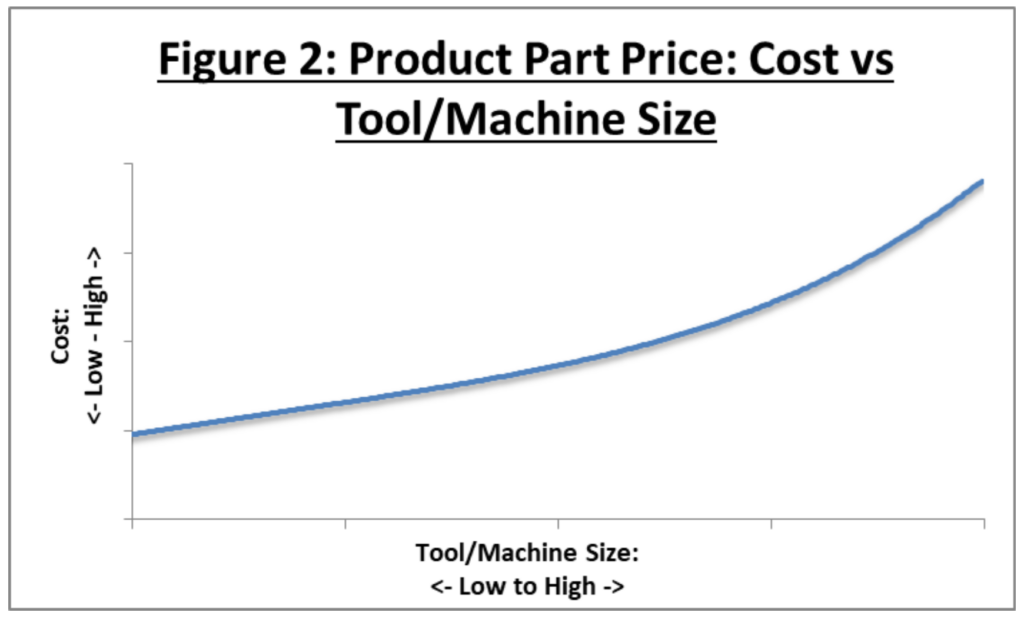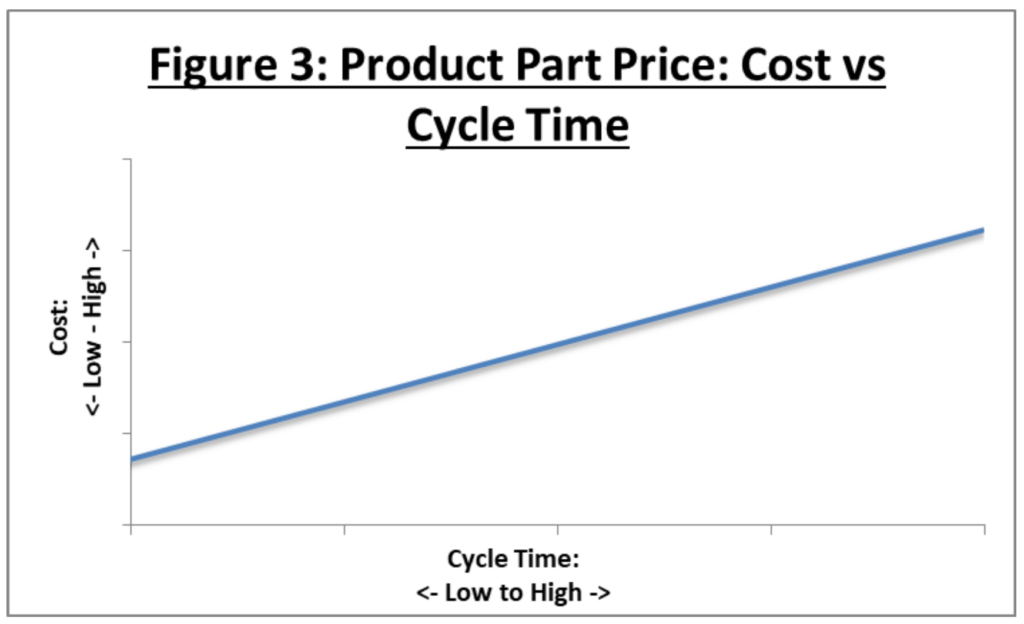Are you curious about the ins and outs of plastic injection moulding costs? There are various factors that affect the cost and these can change over time. There’s no one-size-fits-all price as our service is all about crafting customised solutions. We consider how intricate your product is, the type of material you want, how much of it you need and how easy or tricky it is to make.
The first step in the process is mould tooling. If you don’t have a mould tool that’s no problem, it just means there are a few more steps before manufacturing can begin.
What needs to be considered is how many products you want to make, the material you want the product made from and when you need them by? We can help you answer these questions through the quoting procedure.
The cost of creating a mould tool is not straightforward as it needs to be designed and manufactured in a suitable material, like steel. It also may undergo specific processes, such as milling, grinding, hardening, spark eroding or wire-eroding. The three main factors that influence cost are quantity needed, shape and size of the product.
Product quantity
Whether it’s a small batch of a few hundred or a large-scale production of thousands, the cost for tooling can vary greatly. For small quantity production, a single impression tool is usually optimal. This is the easiest style of tooling to create and production time is normally not too long.
For larger quantities, it is more cost-effective to have tooling with dual or multiple impressions. This allows more production in a shorter space of time. However, this can increase costs as more impressions and cavities require more material and time to create the tool.
Product shape
If the shape of your product is quite intricate, specialised tooling may be required which could add to the overall cost. Things like sliding cores, complicated shut-offs or undercuts may be necessary for complex designs. On the flip side, if your product has a simpler design, you might be able to skip these extra costs altogether!
Product size
Simply put, the bigger the product, the more steel is needed to produce a mould tool and the higher the cost.
If you already have mould tooling, that’s great! With just a few more details we can give you a quote based on the quantity of the product required, tool parameters and your previous experience. You can start manufacturing straight away, only paying for the cost to produce the product.
The cost per part can be established by quantity, material, size and cycle time on the mould machine. The required level of quality and any secondary operations that need to be carried out after moulding also need to be considered.
Quantity
Typically, the cost to manufacture each part will be less if the quantity ordered is high. The costs come down the more you order (up to a point where it will plateau).

Material
It is typically a lot cheaper to use standard materials or additives that the moulder already carries, compared to a material that has to be specially bought in. This is the same for the material that colours the plastic, known as master batch. If the master batch is a standard “off-the-shelf” colour, it will most likely be cheaper than a bespoke shade that needs to be specially ordered.
Product Size
When a product is on the larger side, the tooling will also be quite large, which calls for a larger mould machine to handle it. This can increase the cost compared to a small single impression tool.

Cycle Time
The longer the cycle time, the longer the production run time. This uses more mould machine capacity and can increase the cost.

Here are a few example scenarios, looking at actual costs in pounds and pence:
The customer already has a tool and would like 100,000 of ‘Product W’:
‘Product W’ is shaped like a ring doughnut, 8.5 outer diameter and 3.7 internal diameter, with a 10mm height. It is made from a standard polypropylene in a 4 cavity tool, which weighs 12g and was previously running at 15s cycles on a 50T machine. Estimated production cost £6.70 per 100 (subject to actually running the parts).
The customer has no tooling and would like 5000 of ‘Product X’:
‘Product X’ is a simple box, no complicated tooling procedures are required. Product X will be made in ABS, estimate weight 298g, standard grey colour and is 150 x 210 x 100mm in size (quite large and heavy so will need quite a lot of metal to produce the mould tool).
Tooling cost would be in the range of £8,000-£10,000
Production costs would be based on a cycle time of 50 seconds on a 160T mould machine. Estimated production cost is £1.73 per box (subject to actually running the parts).
The customer has tooling and would like 1,000 of ‘Product Y’:
‘Product Y’ is made from Nylon 6, is a single cavity tool but requires insert loading. It weighs 89g and was previously running at 75 second cycle on a 100T mould machine. A second operation to remove the insert from the moulding is required after each cycle.
Estimated production cost is £2.04 per part (subject to actually running the parts).
The customer has no tooling and would like 75,000 of ‘Product Z’:
‘Product Z’ is a 70mm long, 10mm wide cylinder with external detailing and an internal shoulder. Tooling would require slides and a stripper plate for ejection, due to quantities, a multi-cavity tool would be required (x4). It will be made in ABS, estimated weight 5g and standard purple colour.
Tooling costs would be in the range of £12,500
Part costs would be based on a cycle time of 40 seconds on a 50T mould machine. Estimated production cost is £11.50 per 100 (subject to actually running the parts).
Calculating the costs involved in injection moulding can be difficult, however the “rules of thumb” to keep costs low are to keep the product design as simple as possible, order high volumes and keep things like colouring and additives standard rather than bespoke.
At Bowles & Walker we provide support from design right through to production, building great working relationships with our customers. When you request a quote from us, we take time to carefully calculate it to ensure it’s as precise as can be. For more information about our services please call us on 01953 885294 or email info@bowles-walker.com. We would be happy to work with you on your journey to create products, reduce costs and support UK manufacturers.